A good night's sleep is essential for a child's growth and development. Many studies have shown that poor sleep quality and/or quantity in children is associated with emotional, behavioral, weight and cognitive dysfunction including attention, learning and memory. These problems not only impact child's health, but also interfere with family functioning. At the Pediatric Sleep Disorders Center at Boston Medical Center, we care for children—from newborns to adolescent.
Conditions We Treat
Bedwetting
The unintentional passing of urine during sleep.
Circadian rhythm disorders
Abnormalities in length, timing, and/or rigidity of the sleep-wake cycle relative to the day-night cycle.
Excessive Day Time Sleepiness
Feeling drowsy and/or sluggish enough that it interferes with daily activities (i.e. school).
Insomnia
A common sleep disorder that can make it hard to fall asleep at night.
Narcolepsy
A condition characterized by an extreme tendency to fall asleep at any time.
Night terrors
A sleep disruption similar to a nightmare, but with a more dramatic presentation. The child might suddenly sit upright in bed and shout out or scream in distress. Children often won't have any memory of a night terror the next day.
Periodic limb movements in sleep
Periodic repetitive movements, typically in the lower limbs, that occur about every 20-40 seconds during sleep.
Restless Leg Syndrome
An irresistible urge to move the legs during sleep, often accompanied by unusual or unpleasant sensations that may be described as creeping, tugging or pulling.
Sleepwalking
Sleepwalking results in walking or performing other complex behaviors while asleep. Most common in children, the person effected may be difficult to awaken and will probably not remember the incident.
Sleep Apnea
A sleep disorder that occurs when a person's breathing is disrupted during sleep. Symptoms in children include snoring, heavy breathing, bedwetting, and restlessness.
Snoring
Noisy breathing during sleep caused when air can't move freely through the nose and throat.
Diagnostic Testing
Actigraphy
This is a device worn on the wrist that records movements and thus helps in providing information about sleep wake habits in one's natural sleep environment.
Bi-level positive airway pressure (BIPAP)
BiPAP is used for treatment of obstructive sleep apnea as well as for patients who require some breathing assistance. The machine has 2 pressure settings: one pressure for inhalation and one pressure for exhalation. It can be set to make sure that an individual breathes a set number of times per minute while sleeping.
C positive airway pressure (CPAP)
CPAP is the first line treatment for obstructive sleep apnea. A constant stream of air pressure is provided through a mask worn while an individual sleeps. Most CPAP machines are small, lightweight and relatively quiet.
Cognitive-behavioral treatment
Cognitive-behavioral treatment of insomnia, problems settling at bedtime or frequent awakenings.
Multiple sleep latency testing
As a test for excessive day time sleepiness this consists of five scheduled naps separated by 2-hour breaks. Using a series of sensors, it measures how quickly an individual can fall asleep during day in a quiet environment.
Medication management
Medication management of insomnia, restless leg syndrome, narcolepsy and sleep schedule problems.
Sleep study (Overnight polysomnography)
Also known as a sleep study, this study is used to diagnose sleep problems by recording brain waves, breathing patterns, heart rate, and oxygen level in the blood.
Sleep Specialists and Departments
Depending on your condition, you may be seen by many types of specialists including neurology, otolaryngology, pulmonology, bariatrics, oral and maxillofacial surgery, and pediatrics.
Pediatric Sleep Clinic
725 Albany Street
8th Floor, Suite 8C
Boston, MA 02128
Call: 617.414.5728
Fax: 617.414.0468
Sleep Laboratory
801 Massachusetts Ave
6th Floor
Boston, MA 02128
Call: 617.638.7939
Fax: 617.638.7948
 en
en 
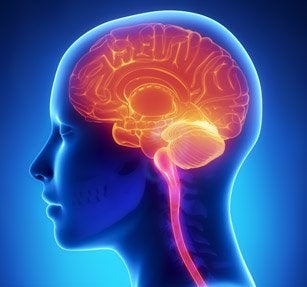
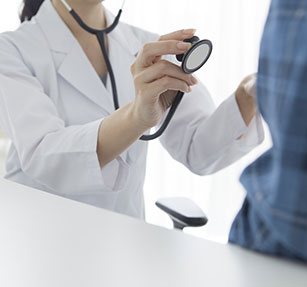
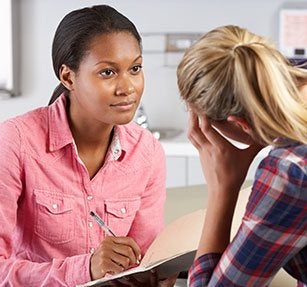
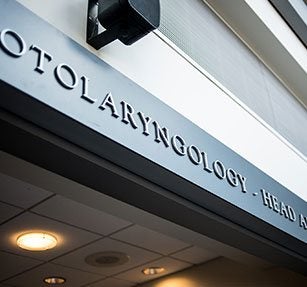
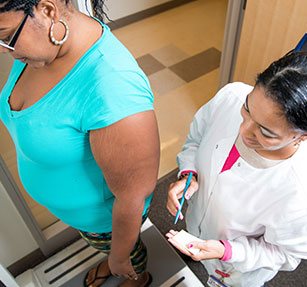
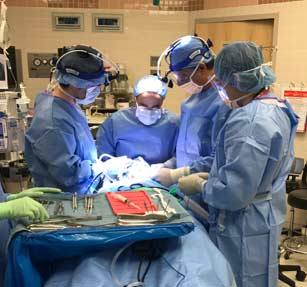
 Français
Français Deutsch
Deutsch Italiano
Italiano Español
Español Tiếng Việt
Tiếng Việt Kreyol ayisyen
Kreyol ayisyen